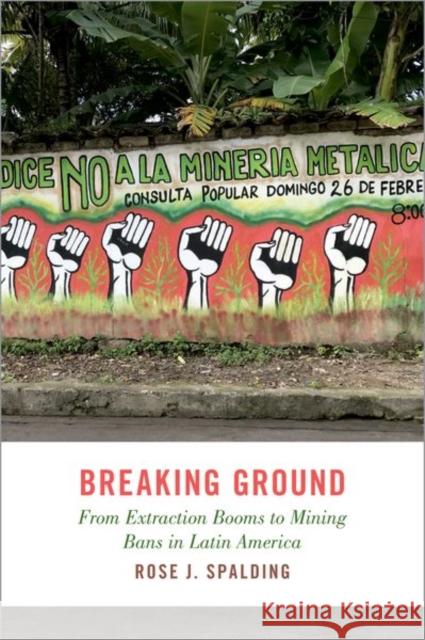Breaking Ground: From Extraction Booms to Mining Bans in Latin America » książka
topmenu
Breaking Ground: From Extraction Booms to Mining Bans in Latin America
ISBN-13: 9780197643150 / Angielski / Twarda / 2023 / 328 str.
Kategorie:
Kategorie BISAC:
Wydawca:
Oxford University Press Inc
Seria wydawnicza:
Język:
Angielski
ISBN-13:
9780197643150
Rok wydania:
2023
Ilość stron:
328
Wymiary:
23.5 x 15.6
Oprawa:
Twarda
Dodatkowe informacje:
Bibliografia
Wydanie ilustrowane
Wydanie ilustrowane











